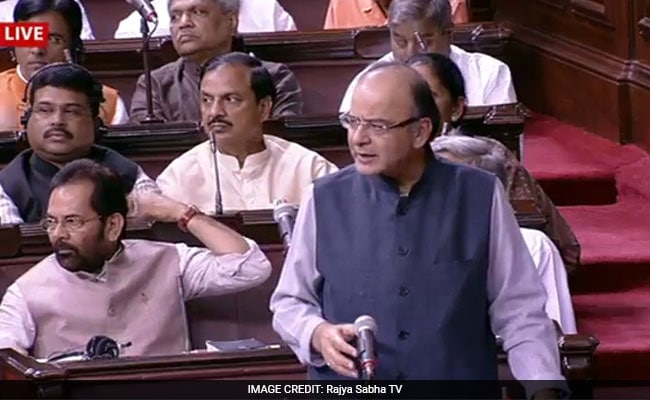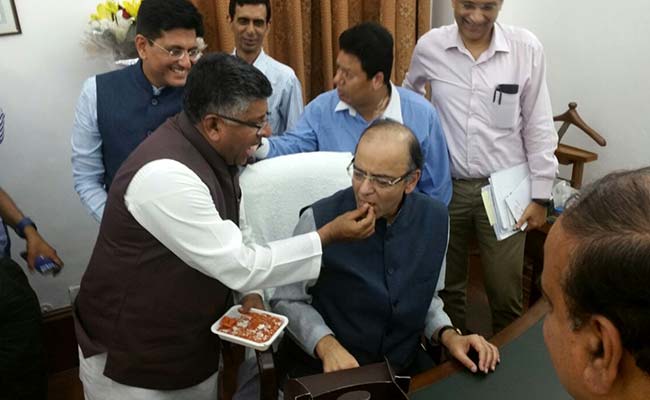
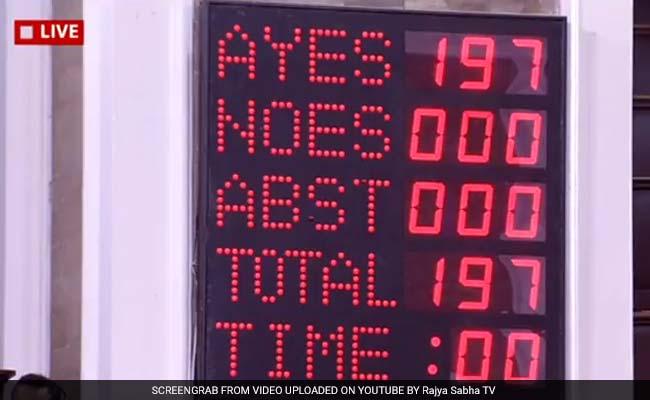
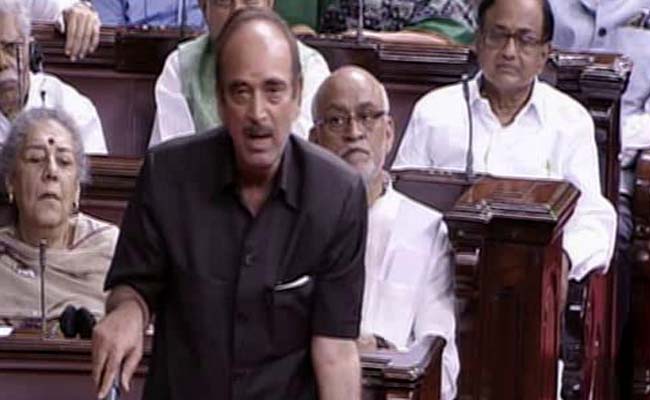
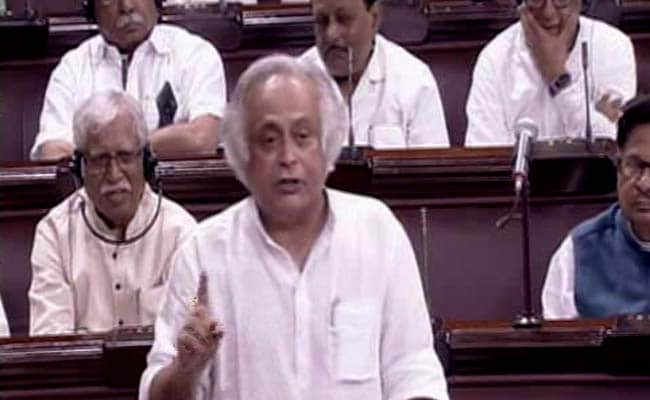
The amendment is just to empower to constitute a GST council. The parliament will have the provision to discuss various laws under the GST.
We will work to keep the rate as low as possible.
- A solution within the framework of the GST is workable. The idea is to not stave off the municipal bodies if there’s unable to manage funds.
The text pointed out is verbatim from BN Rau’s draft in the constituent assembly.
The 2011 bill had nothing on how to compensate for losses. That is why there were protests. Let us not make this a Congress vs BJP thing.
- When we said the Centre will pay compensation for states’ loss of revenue, they were not ready to trust the government.
- This is how the word in the bill that Centre ‘may’ compensate became ‘shall’ and full compensation was agreed for 5 years.
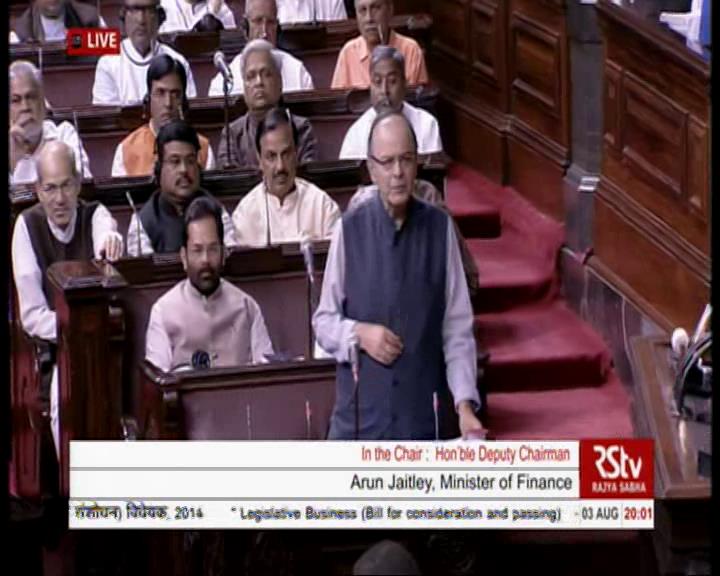
Factor 1 – The state finance ministers did not agree to the 18 per cent cap figure as per the chief economic advisor’s report. They wanted higher to keep a cushion.
Factor 2 – The report did not take into consideration the compensation the Centre will have to pay to the states. The chief economic advisor is optimistic that the GST rate can be maintained btw 17 and 19 per cent, but the states are not as optimistic.
Central government charges excise duty which amounts up to 12 per cent. State levy VAT. Compound tax on almost 60 percent of the goods amounts up to 27 per cent.
After GST is introduced, like Mr Chidambaram said, the system will be more efficient
- The GST council is all of us sitting here.
- Parliament will make a law based on the recommendations of the council. Our law will be based on the council which has 2/3rd majority of states. We will act on the advice of the council.
